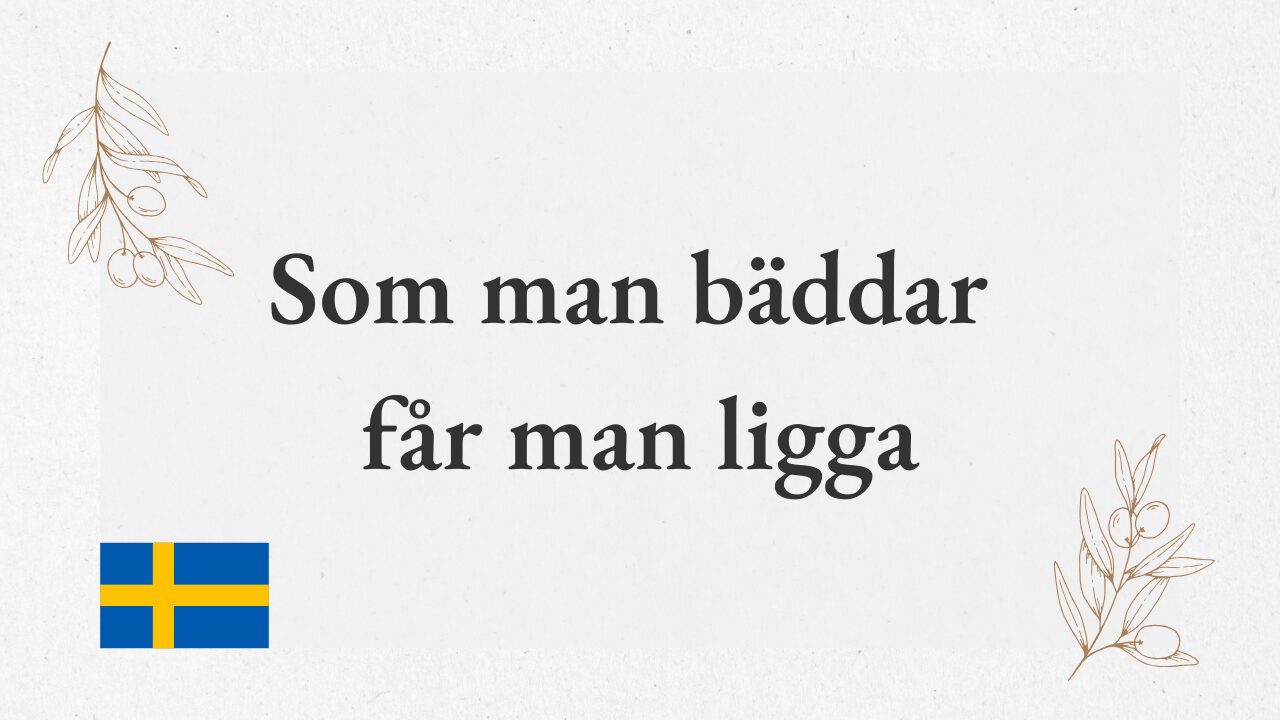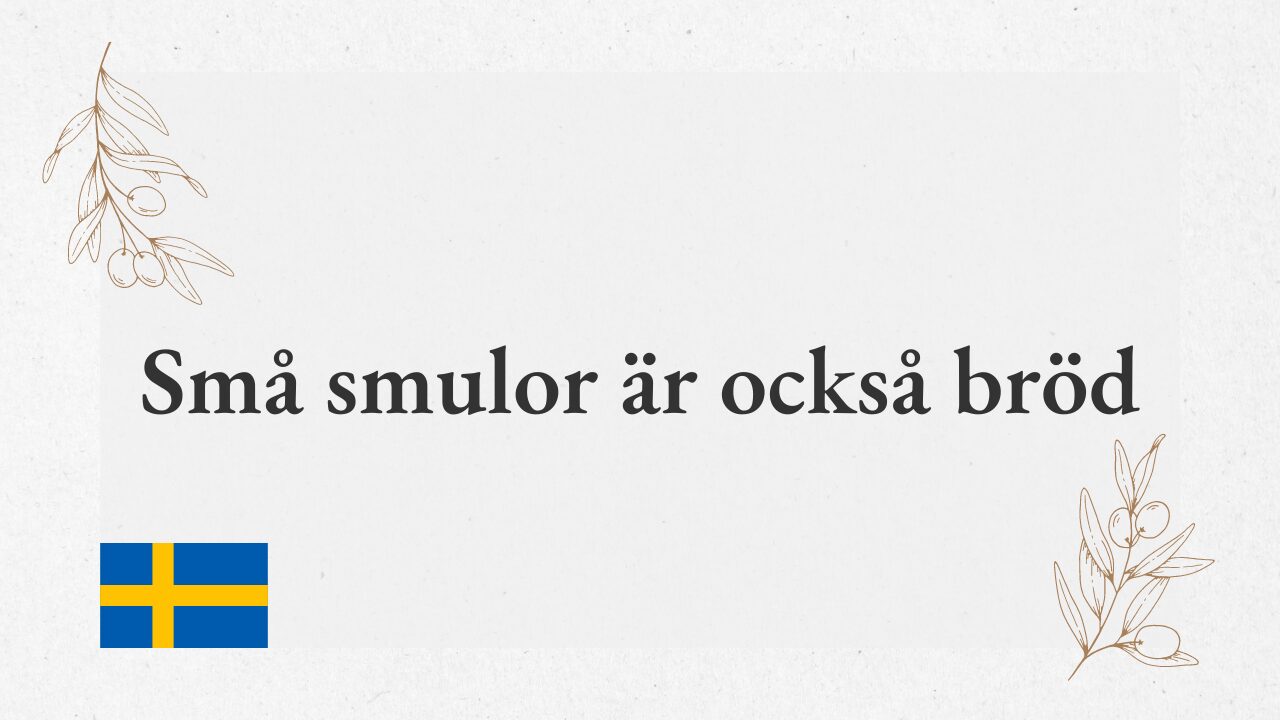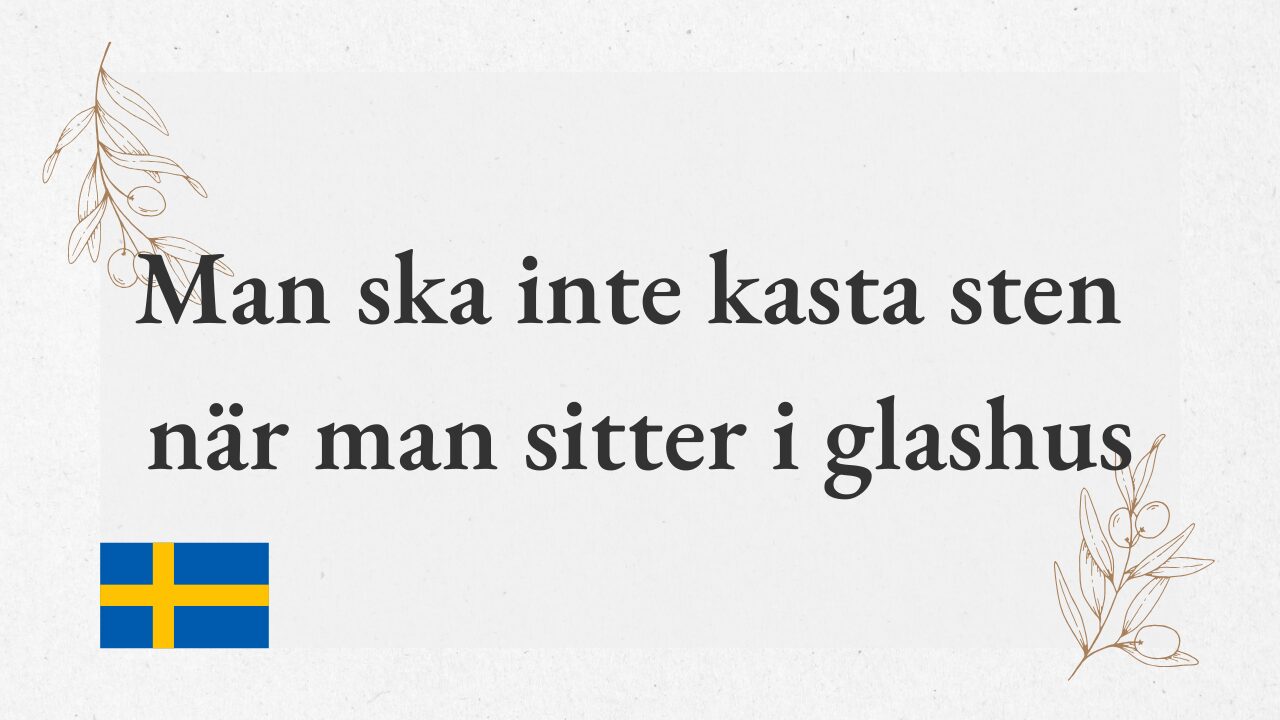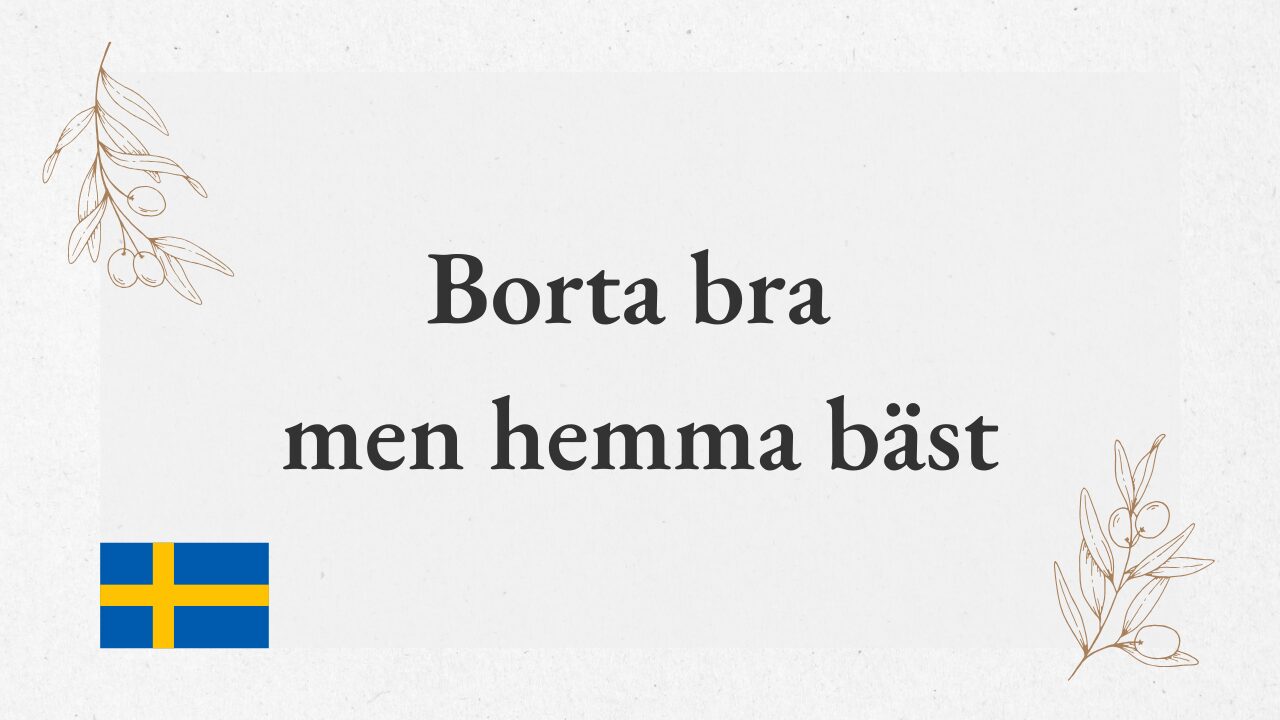“Att ha skinn på näsan – To have skin on the nose
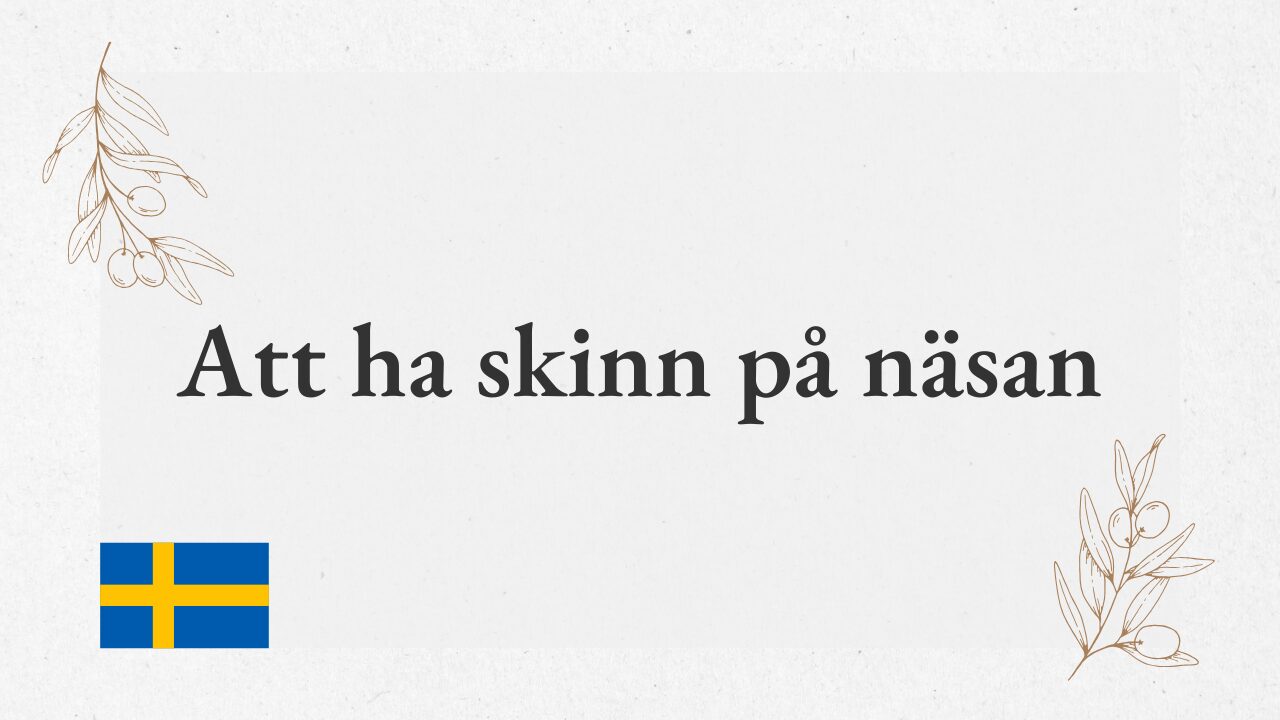
Meaning
In Swedish, “Att ha skinn på näsan” literally translates to “to have skin on the nose,” but figuratively, it means “to be strong and determined,” “to stick to one’s principles,” or “to be unshakable.” This expression is used to describe someone who is resilient and holds firmly to their opinions.
It is similar to the Japanese phrase “having a strong core” or “being firm in one’s beliefs.” Other cultures have similar concepts. For example, in English, “having a thick skin” refers to someone who can move forward without being affected by criticism or difficulties.
Origin
The origin of this expression lies in the idea that “skin” symbolizes strength and protection. Just as skin protects the body, “having skin on the nose” refers to the ability to protect oneself from challenges and remain strong. The nose is centrally located on the face and is exposed to external influences, making it a fitting metaphor for someone who can withstand outside pressures.
Historically, this phrase has often been used to describe women who possess independence and resilience. It became a way to praise women’s self-reliance and strength, spreading as an expression of admiration for these qualities.
Usage
This expression is often used to describe individuals who can remain calm and handle difficult situations or pressure. For example, it can be used to compliment someone who, despite facing tough situations at work, stays firm in their beliefs and successfully completes their tasks. It can also be used to praise someone who asserts their rights or opinions firmly.
Additionally, in Sweden, this phrase is frequently used to celebrate women’s strength and independence, and it is commonly seen in the context of modern gender equality and feminism.
Conclusion
“Att ha skinn på näsan” is a Swedish expression meaning “to be strong and determined” or “to stick to one’s principles.”
It is used to praise people who remain unshaken in difficult situations, particularly women who demonstrate independence. The expression reflects Swedish social and cultural values, emphasizing strength and resilience.

